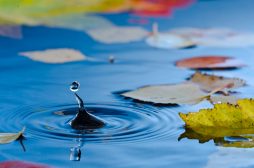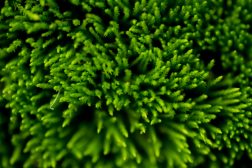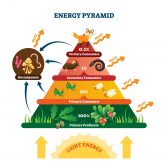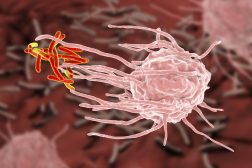Definition
noun, singular: gram-positive bacterium
A group of bacterial cells that retains the violet colour following Gram’s method
Supplement
Gram staining is a method used to classify a bacterial species into gram-positive or gram-negative. Gram-positive bacteria tend to retain the primary stain and are no longer stained by the counterstain. That is because they have thick cell walls. The thick cell wall in this group of bacteria is due to the presence of high peptidoglycan that crosslink forming the cell wall. They also have lower lipid content compared to those of the gram-negative bacteria. Their thick cell walls resist decolorization when the smear is washed and flooded with the solvent (a mix of alcohol and acetone) after the initial staining. The solvent dehydrates their cell walls thereby preventing the primary dye (complexed with iodine) from being washed. 1 Thus, they appear violet or blue-black under the microscope. Nevertheless, prolonged exposure to the solvent will eventually remove the primary stain in gram-positive bacteria. Thus, timing is important in performing gram staining to prevent wrong interpretation of the result.
Examples of bacterial species that are gram-positive are Staphylococcus sp. and Streptococcus sp..
Compare:
- gram-negative bacteria
See also:
Related term(s):
- Gram-positive rods
- Gram-positive endospore-forming rods
Reference(s):
1G. Xu. 1997. Gram stain. ://www.uphs.upenn.edu/bugdrug/antibiotic-manual/Gram1.htm Link







